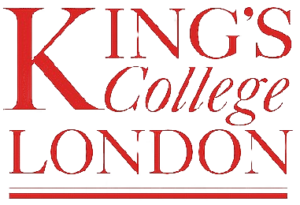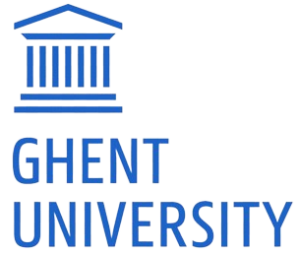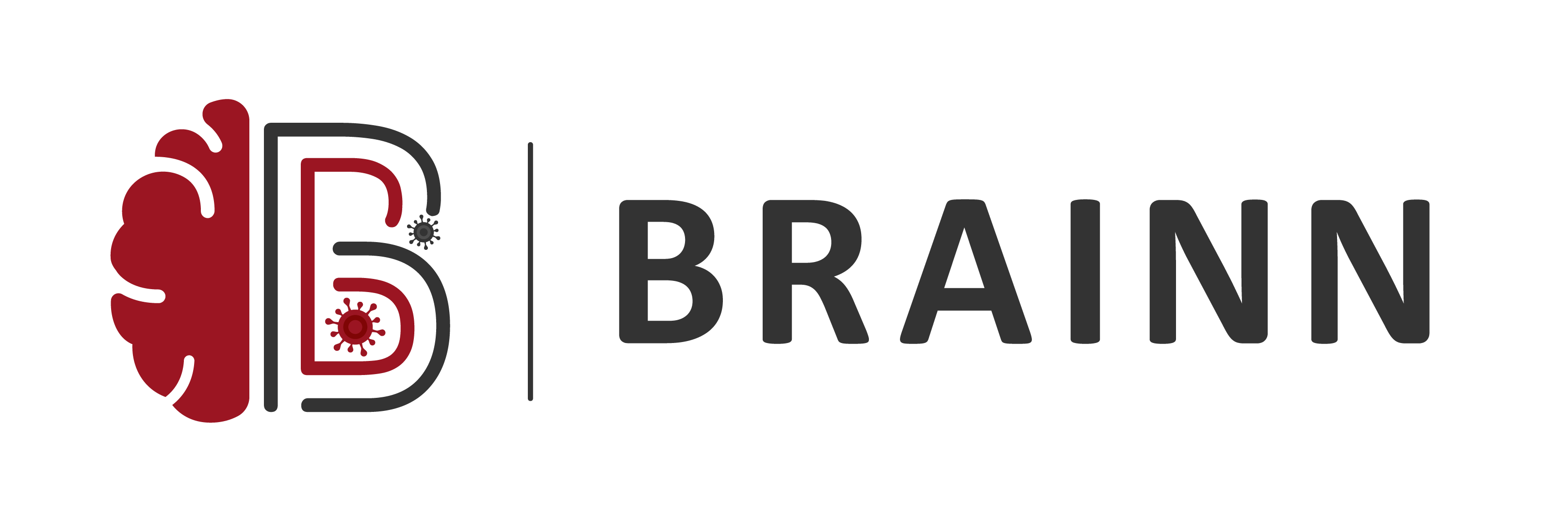Partners

The Center for Applied Neuroscience (CAN), University of Cyprus, is the only center in Cyprus investigating high incidence neurological and neuropsychological disorders through the application of integrative and contemporary applied neuroscience methodologies, including EEG, eye tracking, neuropsychological, psychophysiological, cognitive, and behavioural testing, powerful computing facilities and collaborates with medical centers in Cyprus for the collection of MRI data, as well as developing and validating neurorehabilitation programmes and neuromodulation (tDCS) protocols.

The Department of Neuroimaging at the King’s College of London (KCL) led by Professor Steve Williams is an academic Department embedded within the Centre for Neuroimaging Sciences (CNS). The CNS is a joint venture of the KCL, Institute of Psychiatry, Psychology & Neuroscience (IoPPN) and the South London and Maudsley NHS Trust (SLaM). IoPPN is the largest center for mental health research in Europe. The Department promotes an interdisciplinary research environment with a world-leading combination of application-oriented brain imaging, analysis and clinical expertise for the definition, diagnosis and treatment of neurological and psychiatric disorders. The Department of Neuroimaging led by Professor Steve Williams, consists of an interdisciplinary team of researchers investigating a range of neurological and psychiatric disorders including the impact of long COVID on brain structure, function and physiology. The department houses the Preclinical Imaging Unit (PIU), comprising state-of-the-art purpose-built MR research facilities for preclinical experimental research and is fully equipped to study a variety of disease models and examine post-mortem tissue.

The University of Maastricht (UM) and specifically, the Maastricht Brain Imaging Center (MBIC) at the Faculty of Psychology and Neuroscience (FPN) researchers combine the study of human perception and cognition with the development of advanced methods in neuroscience. They use various brain imaging methods to understand, predict, and change human behaviour, e.g. TMS and TES to enhance human cognition and to treat depression and other mental health disorders. A strong emphasis is also on ultrahigh field MRI methods development to facilitate other groups, as well as for fundamental technical development of new ultrahigh field acquisition and reconstruction methodology for structural and functional neuroimaging. The Brain Stimulation and Cognition group headed by Professor Alexander Sack adopts an interdisciplinary and multi-modal approach to study the neurobiological and psychological principles underlying human cognition and has pioneered the development of simultaneously implemented TMS-fMRI-EEG during cognitive behaviour, allowing to apply brain-stimulation, while recording the individual brain network (fMRI) and oscillation (EEG) states of cognitively engaged participants.

The University of Gent (UGent) and specifically, the Ghent Experimental Psychiatry Laboratory (GHEPLab) led by Professor Chris Baeken, combines non-brain stimulation with neuroimaging, cognitive and behavioural paradigms to study affective states and psychiatric conditions using human participants and animal models. Professor Chris Baeken is an internationally known psychiatrist with extensive experience in combined interventions in neuropsychiatry. His expertise in translational research complements that of the rest of the consortium. The GHEPLab systematically implement combination treatments in psychiatric populations, including clinical trials and treatment of neuropsychiatric symptoms following long COVID.
